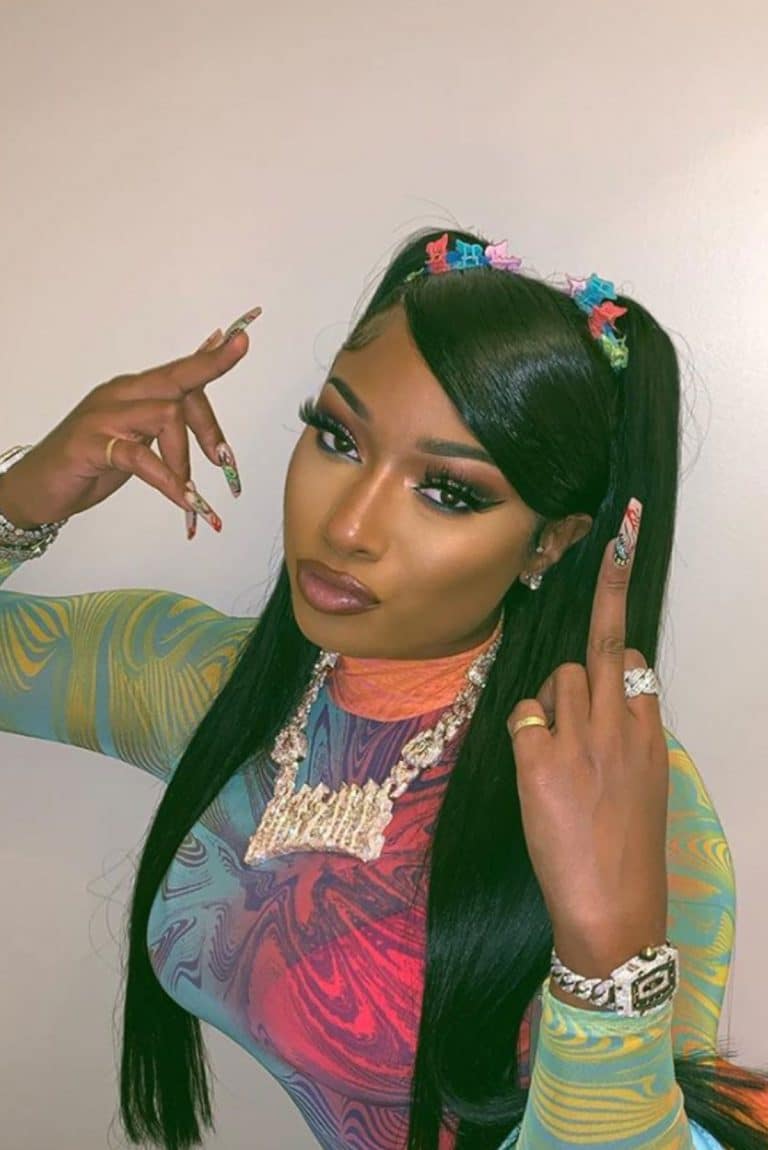
Opinion
Misogynoir forced Megan Thee Stallion to prove that Tory Lanez shot her
By Connie Mangumbu
Opinion
Misogynoir forced Megan Thee Stallion to prove that Tory Lanez shot her
By Connie Mangumbu
Updated Sep 17, 2020 at 04:28 PM
Reading time: 3 minutes
Human rights
Aug 27, 2020
For weeks the curious case of Megan Thee Stallion’s shooting has brought shockwaves throughout the media. Such an implausible story of two friends, the Quarantine Radio power duo, leaving a Kylie Jenner function and met with a sudden shooting. One a victim, the other a perpetrator. Many speculated a possible lovers’ spat, others, a turf war gone wrong.
Well, after efforts to defame the ‘Savage’ rapper’s credibility, Megan Thee Stallion hit back at the rumour mill to debunk any misconceptions we may have had. In an Instagram Live, the rapper alleged that Tory Lanez’s team were circulating misinformation of the case to news outlets and blogs. Here is why the ‘strong black woman’ trope delegitimised Megan Thee Stallion’s victimhood.
First of all, many might wonder why the rapper stayed silent on the matter for so long. Because of fear. “I’m scared, all this shit going on with the police… The police is shooting motherfuckers for everything. The police was literally killing black people for no motherfucking reason,” Megan explained on Instagram, adding, “I didn’t tell the police right there, immediately what happened because I didn’t want to die. I don’t want the police to shoot me. I didn’t want to tell the police nothing because I didn’t want us to get in any more trouble than what we were about to get in.”
When a black woman pleads to the masses for compassion, it is glaringly difficult as a black woman, not to recognise the suffering and follow it with a sigh. Not out of a lack of empathy but of the apathy of others. For so long the cries of black women in society have resembled a sort of convulsion into a haunted house of mirrors, where the mirrors are two-sided; you on the side of the glass and society performing their own victimhood on the side of the mirror. There’s a tiny opening overhead but you can’t quite reach it with the weight of black men clambering through on your shoulders.
When Norwegian sociologist and criminologist Nils Christie spoke about the ideal victim, he framed his argument on personal characteristics; white womanhood. Yet, the conclusion of the study ultimately resulted in the confirmation that society is responsible for legitimising or refuting claims of victimhood.
Men sat on the internet to stake a claim in knowledge of an incident they did not witness, some women even went on podcasts and social media to contest Megan’s trauma to the point where she felt no other choice than to show proof of her injuries. Again, compassion was still not extended. Why? Misogynoir, which defines misogyny directed towards black women where race and gender both play roles in bias, coupled with size discrimination.
Had Megan Thee Stallion been dainty and unassuming, a singer and not a rapper, perhaps then she would have been met with a little more grace. By no means is she overweight. However, by being voluptuous, five foot ten and brown-skinned black, that all amounted to the masculinisation of a woman who had been a victim of gun violence. According to society, Megan is not near enough to being a damsel in distress for her trauma to be handled with care.
In addition to fear, the rapper commented on her innate need to protect and put the needs not only of others, men specifically before her own. “Even though he shot me, I tried to spare him.”
One constant criticism of the fight against police brutality among the black community is how outrage pales in comparison when gender is considered. According to Statista, in 2020 111 black people were killed in the US at the hands of police. Of those most widely known was the murder of George Floyd, which reignited global Black Lives Matter protests. A triggering point in time for black people on the internet especially to be inundated with race-based trauma porn at a higher rate than ever before. Black women were at the fore and mobilised the black community to get to work, as we do and should.
Then came Breonna Taylor and we continued to march. But when the lens was shifted to Oluwatoyin Salau, then Mercy Mack and once Black Lives Matter was extended to Black Trans Lives Matter (too), some believed that too divisive a cause to stand behind. Focus on the men first (as always), then we can focus on (cisgender-heterosexual) women, because violence against black womxn at the hands of black men is too political and undermines the work of liberation for others.
This is why we say, ‘say her name’ because if not we, then who? Time and time again our male counterparts show us that protection comes with conditions—conditions black women cannot afford to consider when the shoe is on our foot and their foot on our necks.




